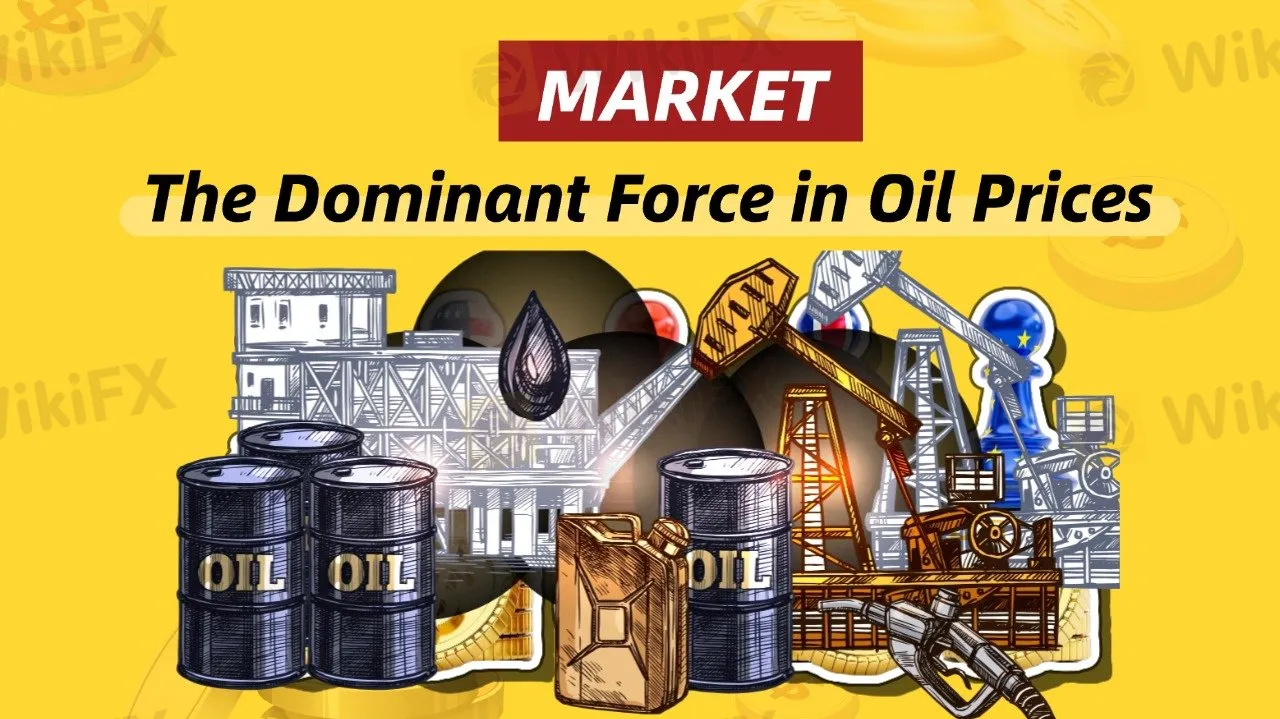简体中文
繁體中文
English
Pусский
日本語
ภาษาไทย
Tiếng Việt
Bahasa Indonesia
Español
हिन्दी
Filippiiniläinen
Français
Deutsch
Português
Türkçe
한국어
العربية
Market: The Dominant Force in Oil Prices
Abstract:Recent fluctuations in oil prices have raised concerns, especially with the sharp rise in gasoline prices.

The Independent Petroleum Marketers Association of Nigeria (IPMAN) revealed that gasoline stock prices surged by 4.7%, increasing from 907 naira per liter to 950 naira. This hike is closely linked to the rise in crude oil prices, which have climbed from $73 to $80 per barrel, directly impacting gasoline prices. To cope with the price fluctuations, many marketers have turned to Dangote Refinery, though this has also introduced some uncertainty regarding the future price trends.
The Nigerian Minister of Petroleum Resources, Heineken Lokpobiri, made it clear that oil prices will be determined by the market, not government intervention. He pointed out that price fluctuations are normal in a deregulated market, with global oil prices always influencing local product prices. Lokpobiri also emphasized that the purpose of deregulation is to allow prices to adjust naturally according to market demand. Therefore, future price volatility cannot be predicted, and it is not something the government can control. He further added that the governments current focus is on ensuring fuel quality and supply stability, rather than controlling fuel prices.
This statement has somewhat alleviated market concerns. Although the rise in oil prices has created short-term pressure in Nigeria, the government has clearly stated that it will not intervene in price setting. This means prices will increasingly depend on the market‘s supply and demand. Market competition will drive natural price fluctuations, helping to avoid supply shortages or dramatic price hikes. For consumers and investors, the government’s position provides clearer expectations for future price changes, allowing for better adaptation to market fluctuations.
While the government is gradually loosening control over prices, it is ultimately market forces that will dictate the final price. For oil-producing countries like Nigeria, adapting to market rules and responding flexibly to future changes are key to maintaining stable development.

Disclaimer:
The views in this article only represent the author's personal views, and do not constitute investment advice on this platform. This platform does not guarantee the accuracy, completeness and timeliness of the information in the article, and will not be liable for any loss caused by the use of or reliance on the information in the article.
Read more

OctaFX Flagged by Malaysian Authorities
OctaFX has been officially listed on warning lists by both Bank Negara Malaysia (BNM) and the Securities Commission Malaysia (SC). These alerts raise serious concerns about the broker’s status and whether it is legally allowed to operate in Malaysia.

TradingPRO: A Closer Look at Its Licences
In an industry where safety and transparency are essential, the regulatory status of online brokers has never been more important. For traders seeking to protect their capital, ensuring that a platform operates under recognised and stringent oversight can make all the difference. Keep reading to learn more about TradingPRO and its licenses.

Oil Price Breakout Incoming? Investors Should Stay Alert
Oil prices are hovering around a critical level, with potential yet to be fully unleashed. Investors must prepare for sudden changes.

New SEBI Regulations on Intraday Trading
The Securities and Exchange Board of India (SEBI) has implemented revised regulations on Intraday trading, with effect from November 20, 2024. These regulations are meant to lessen risks and prevent speculative trading practices.
WikiFX Broker
Latest News
SkyLine Guide 2025 Malaysia: 100 Esteemed Judges Successfully Assembled
Vantage Markets Review 2025: Trusted Forex and CFD Trading Since 2009
TradingPRO: A Closer Look at Its Licences
The world could be facing another ‘China shock,’ but it comes with a silver-lining
A Guide to Intraday Forex Trading You Can't Miss Out
CONSOB Blocks Access to 13 Unauthorized Investment Websites
Why STARTRADER Is Popular Among Traders?
New SEBI Regulations on Intraday Trading
Everything You need to know about Barath Trade
OctaFX Flagged by Malaysian Authorities
Currency Calculator


